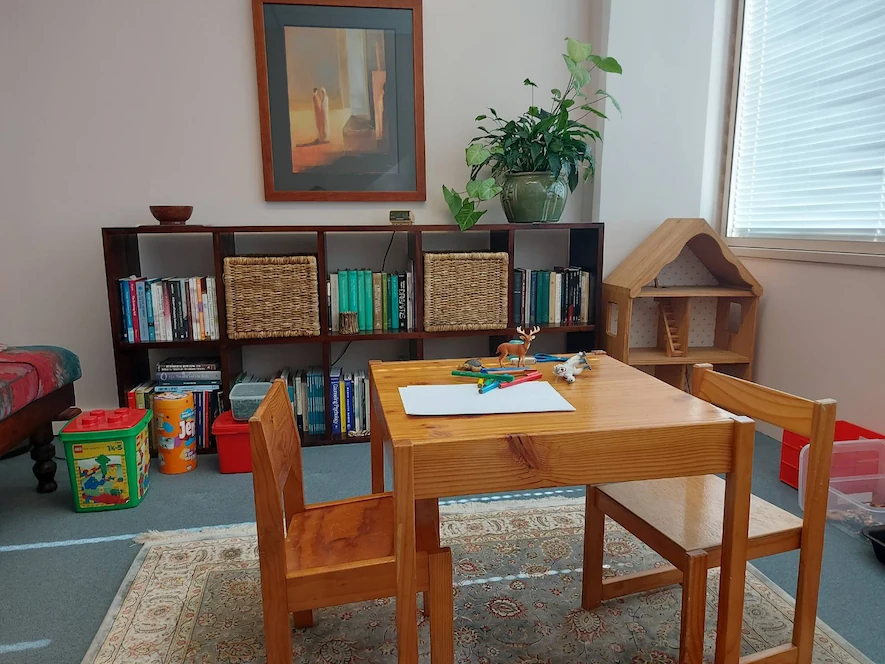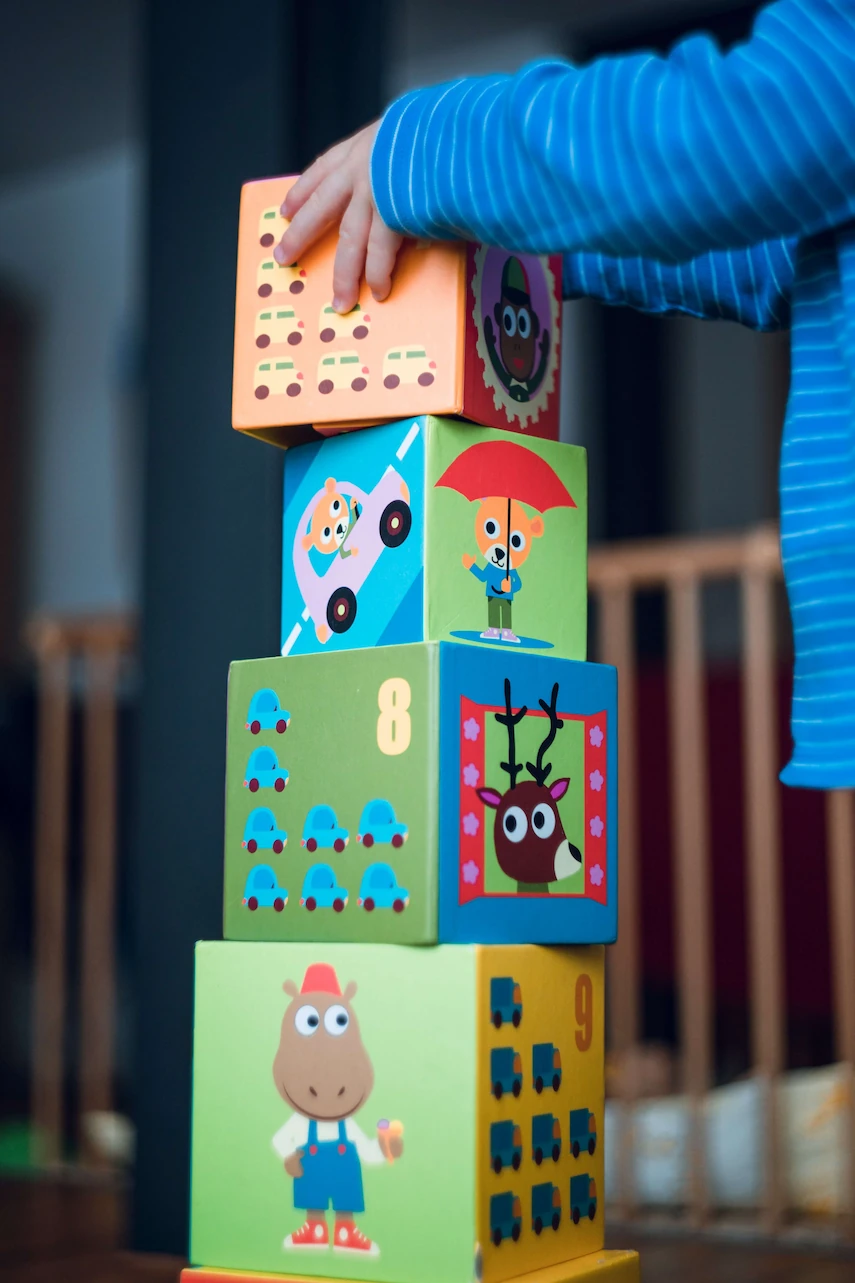Child Psychotherapy
I offer psychodynamic play therapy to children (5+) and young adolescents. Play is the language of children. Through play, a child can connect with and understand thoughts, feelings, and experiences that they cannot fully express through words. Broadly speaking, play is how a child comes to understand themselves and the world around them. For some children and adolescents talk therapies can be felt as too concrete and anxiety provoking. This is particularly true for children who struggle to bear or verbalise their experiences. Play therapy instead allows a child to “play out” their feelings and problems in the same way an adult or older adolescent may “talk out” their difficulties in therapy. As such, play therapy helps a child to communicate and make sense of their difficulties at their developmental level without relying on emotional understanding, reasoning, or vocabulary.
Although this process is different for every child, a play therapy session may involve drawing pictures with their psychotherapist, creating a game or story together, playing with toys, talking with puppets, or building something together using the play materials available in the session room. While this may look like just fun and games, playing together in this way allows a child to develop a safe and trusting relationship with their psychotherapist. In turn, a psychotherapist can begin to understand the underlying feelings and conflicts a child is struggling to put into words by observing how they play together and the themes that emerge in the play. Importantly, this process also allows a child to bring up distressing feelings in a safe and emotionally contained way.

Possible outcomes of Play Therapy
With time, this process helps a child to better understand and manage their behavioural, emotional, and relationship difficulties by improving their capacity to solve problems and to express, regulate, and communicate distressing feelings. While outcomes will differ for every child, a child may also develop closer emotional bonds with their family and friends, a greater sense of mastery, confidence, or a more positive view of themselves or the world around them. In turn, this will often lead to a reduction in behavioural problems that have led a child to therapy.
This kind of psychotherapy can assist children experiencing:
- Aggressive behaviour and tantrums
- Separation anxiety
- Excessive worrying
- Night terrors, fears, and bed-wetting
- Grief, loss, and family separations
- School refusal
- Peer related problems e.g., shyness or bullying
- Depression
- Traumatic experiences and abuse
Please note that I am not able to offer:
- Family Therapy
- Formal assessment of neurodivergence e.g., ADHD and autism
- Reports for legal matters including Child Custody Disputes

Working with Parents
A child typically benefits most from psychotherapy when there is a collaboration between the child, their parents, and their psychotherapist. I value the unique contribution parents bring to their child’s treatment. While a child’s session is their own, I welcome parents to discuss their concerns with me during separate appointments, which I offer before meeting their child and throughout treatment. These discussions provide parents a space to consider and understand their child’s difficulties more deeply thereby allowing them to know how to help and emotionally attend to their child in a way that better meets their child’s needs. These discussions can also help parents to understand the length of time required for their child to benefit fully from psychotherapy as well as give them a sense of how I support their child in sessions.
I understand that bringing your child to see a psychotherapist can bring up a range of feelings and concerns. Often it can be valuable (for both the child and parents) for parents to receive their own psychotherapy from another psychotherapist to explore any current difficulties they’re experiencing in life and how their own respective childhood experiences or unmet needs may influence current parenting challenges. If you would like to know more about child psychotherapy or how this form of treatment may benefit your child, please contact me.